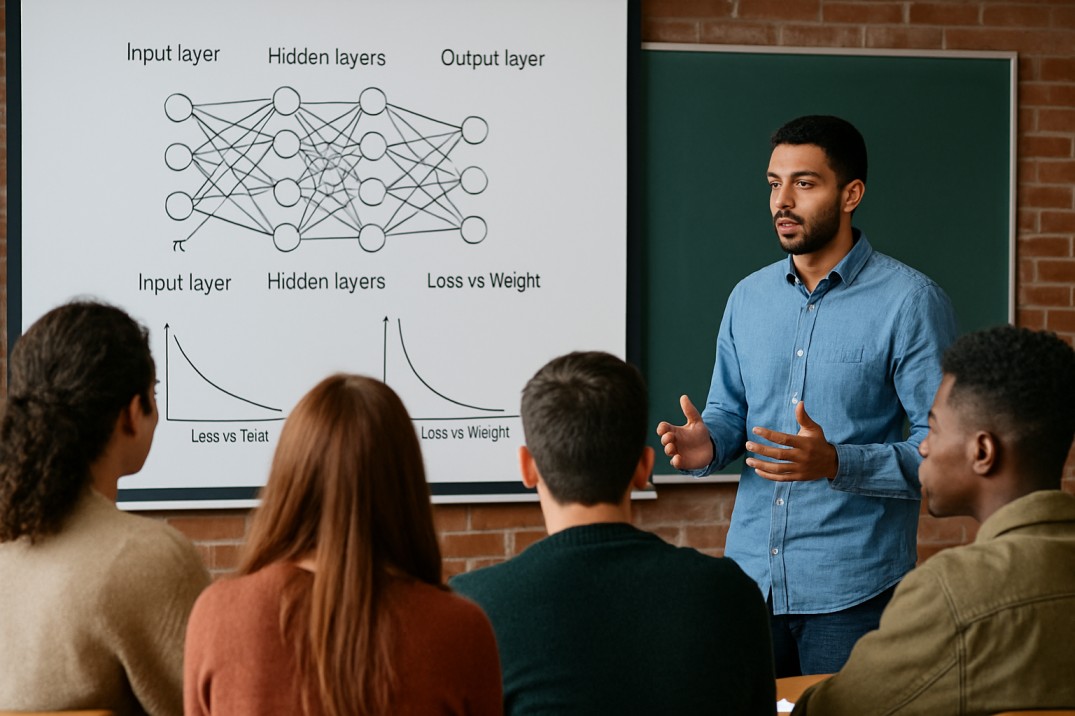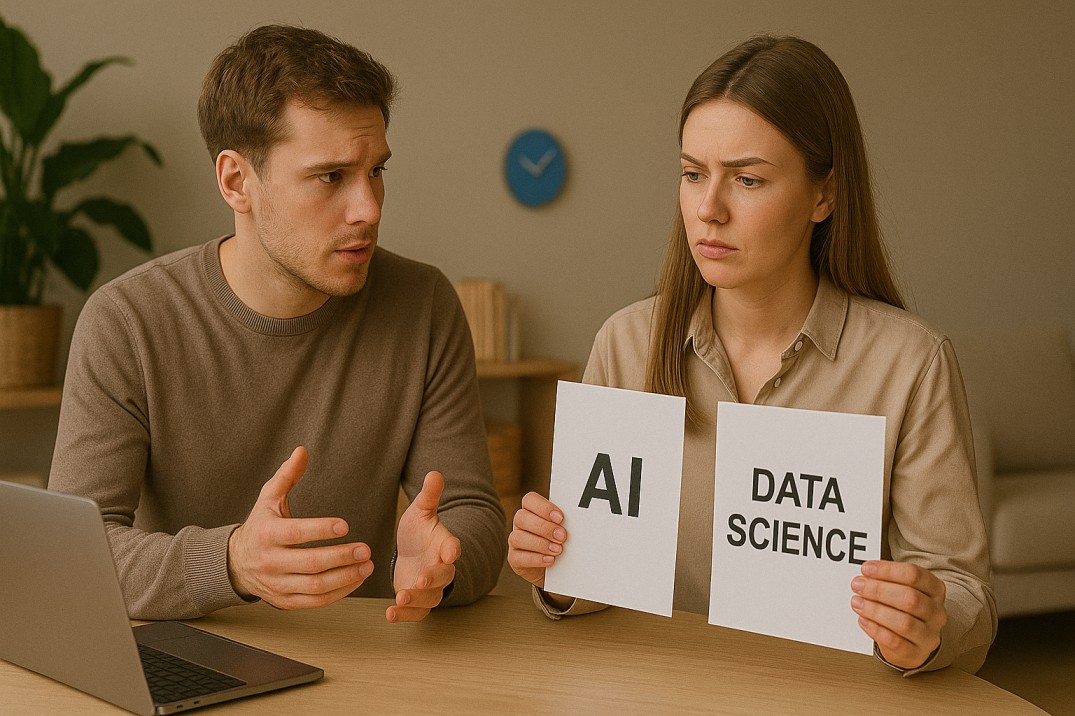Why Understanding AI Basics Is No Longer Optional

Artificial Intelligence in Daily Life: Why Understanding AI Basics Is No Longer Optional
AI is no longer a futuristic buzzword. It's already in your phone, your car, your Netflix feed, and probably even your morning coffee routine. Whether or not you're in tech, understanding the basics of artificial intelligence is becoming just as important as knowing how to use a computer.
This blog breaks down where AI is already showing up in your life, and why learning it - even at a beginner level - is something you can't afford to skip.
What are the real-world examples of AI that we use every day?
You’re probably using artificial intelligence 10 times a day without realizing it:
- Voice assistants like Siri, Alexa, and Google Assistant
- Smart email replies (Gmail’s auto-suggest)
- Face recognition in your phone’s camera
- Recommendation systems on Netflix, YouTube, and Spotify
- Maps and traffic prediction on Google Maps
- Spam filters in your email
All of these rely on deep learning, natural language processing, or machine learning algorithms to make decisions in real-time.
Why should non-tech professionals understand the basics of AI?
Because AI is shaping how every industry works - not just software.
If you're in healthcare, marketing, finance, HR, logistics, or even education, chances are AI will affect your workflow, your tools, and your decision-making.
Understanding AI fundamentals helps you:
- Make smarter tech decisions
- Automate repetitive tasks
- Communicate better with technical teams
- Stay relevant in a fast-changing job market
You don’t need to code. But you do need to understand what AI can and can’t do.
Can learning AI as a beginner really make a difference?
Yes - and you don’t need a PhD to get started.
If you're a beginner, you can start with the core ideas:
- What is artificial intelligence?
- What is the difference between machine learning, deep learning, and AI?
- What kinds of problems can AI solve?
- How do AI models learn from data?
Even a few hours a week spent learning these concepts can help you:
- Spot opportunities for automation in your field
- Understand ethical issues around AI use
- Collaborate better with data or AI teams
What are the best ways to start learning AI if you have no experience?
Start simple. You don’t need to dive into Python or neural networks immediately.
Here’s a practical approach:
- Watch beginner-friendly videos explaining AI with real-world examples
- Take a structured online AI program built for beginners
- Focus on one concept per week: supervised learning, classification, decision trees, etc.
- Join an AI learning community to stay accountable
If you're looking to get started, explore some of the best Artificial Intelligence Online Programs or Artificial Intelligence Certification Programs designed for beginners.
Is AI going to replace my job?
Not exactly. AI is more likely to change your job than take it away entirely.
The real shift is happening for people who know how to use AI. They’re automating the boring stuff, gaining an edge in decision-making, and building workflows that scale.
If you don’t understand AI, you might fall behind. If you do - even just the basics - you’ll stay ahead of the curve.
Final thought
You don’t need to become an AI engineer. But you do need to become AI-aware.
Learning the basics of artificial intelligence is no longer optional. It’s the new digital literacy.
The earlier you start, the more empowered you’ll be - in your career, your life, and in the way you understand the world around you.
Read more . . .
Join a thriving global community of learners
Our community across all our learning platforms spans over 56 countries and over 8000 learners
Weekly updates on AI and Data Sience
Be a part of a vibrant AI community





.png)














